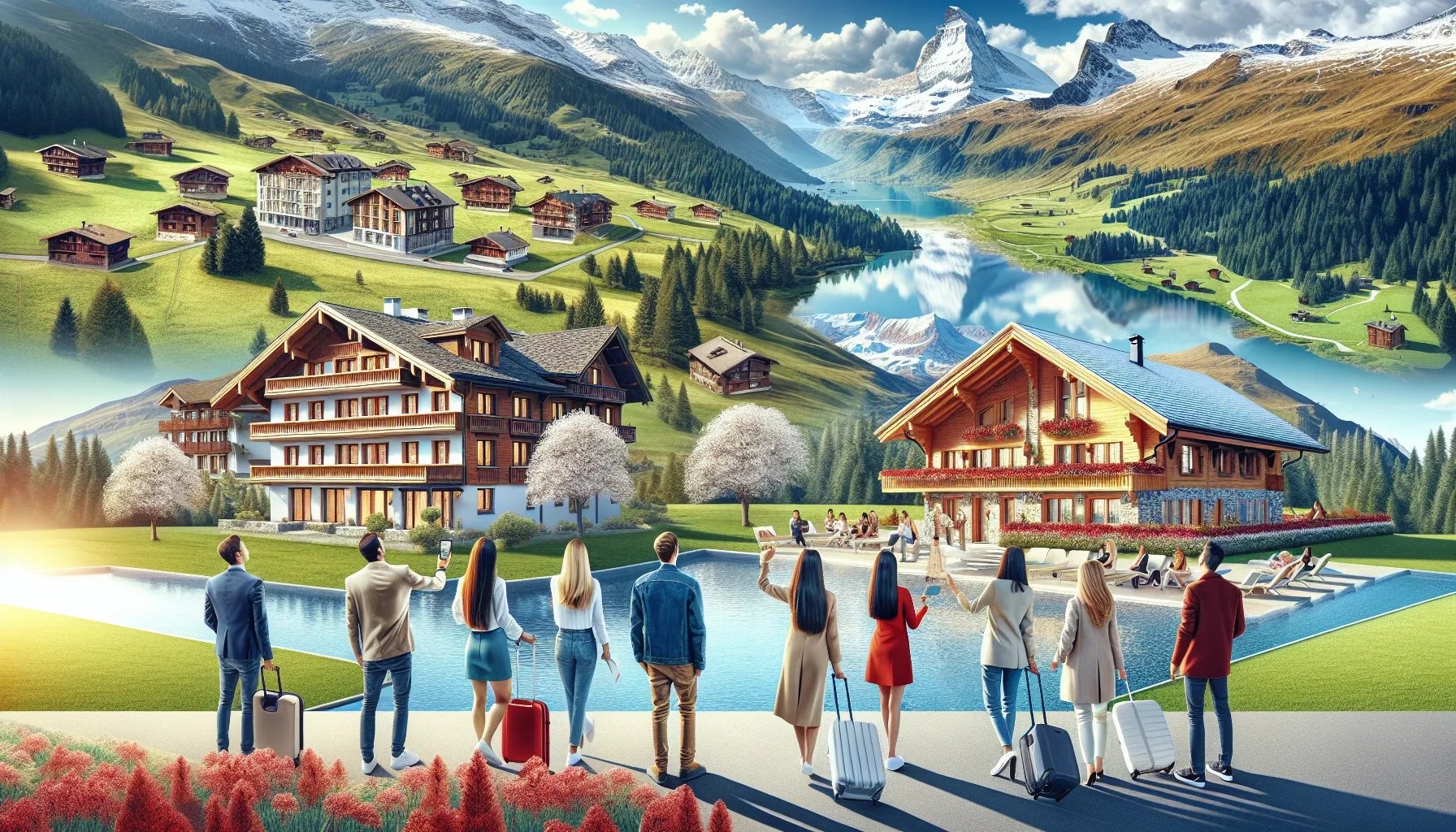Buying property in Switzerland can seem daunting for foreign nationals, but it doesn’t have to be. While the country imposes restrictions to prevent its land from being overly foreign-owned, many expats find pathways to ownership. Whether you’re an EU citizen or from further afield, understanding Swiss laws and regulations can help you navigate the property market effectively.

Understanding Swiss Real Estate Laws
Switzerland’s property market is governed by the Lex Koller law, designed to limit foreign ownership. But don’t let this deter you—there are exceptions, and knowing them can make all the difference.
Who Needs Authorisation?
- EU/EFTA Nationals Living in Switzerland: You’re in luck! You have the same rights as Swiss citizens. No special permits required.
- UK Nationals: If you’re covered by the Agreement on Acquired Citizens’ Rights, you’re treated like an EU citizen. If not, you face the same restrictions as non-EU/EFTA nationals.
- Non-EU/EFTA Nationals: You will need authorisation to buy holiday homes, serviced apartments, or second homes, but not your primary residence if you’re living in Switzerland with a valid B permit.
The Permit Maze
B Permit Holders
- You can purchase your primary residence without needing authorisation.
- You must live in the property and not rent it out.
- If buying land, construction must start within a year.
C Permit Holders
- Permanent residents enjoy the same rights as Swiss citizens with no need for special permits.
Cross-Border Commuters (G Permit)
- You can purchase a second home in the region where you work, but you cannot rent it out.
Buying a Holiday Home
Foreigners face stricter rules when buying holiday homes. The property must be in a tourist area, and there’s a national quota. Additionally, the living area must not exceed 200m², and the land area is limited to 1,000m². You can only own one holiday home, and year-round rental is prohibited.
Steps to Buying Property in Switzerland
1. Financial Planning
Before diving into the Swiss property market, ensure your finances are in order. You’ll need at least 20% of the property’s value for a down payment, plus 5% for fees and taxes. Swiss banks consider a third of your net income for mortgage approval, including maintenance and interest costs.
2. Finding the Right Property
Define your must-haves: location, home type, and amenities. Use AnySqft’s AI-driven platform for personalized property suggestions. With its insights into market trends and property values, finding your dream home becomes easier.
3. Making an Offer
Once you’ve found a property, the next step is making an offer. Be prepared with a mortgage agreement or a bank letter confirming your financing.
4. Legal Formalities
A notary will help navigate the legal paperwork. They ensure the transaction complies with Swiss laws, and all documents are correctly filed.
5. Finalising the Purchase
After signing the contract, the notary registers the transaction in the land registry. Only then do you receive full ownership rights.
Tax Implications
Buying property in Switzerland comes with tax responsibilities. These include:
- Transfer Taxes: Vary by canton, usually 1-3.3% of the property price.
- Annual Property Tax: Based on the deemed rental value, set by local authorities.
- Wealth Tax: Calculated on the net value of your property, varying by canton.
Conclusion
Buying property in Switzerland as a foreigner involves navigating a complex legal landscape. However, with the right permits and financial planning, it is entirely feasible. The country’s stunning landscapes and stable economy make it a worthwhile investment. Whether you’re eyeing a chalet in the Alps or an apartment in Zurich, Switzerland offers something for everyone.
Swiss property ownership might seem like a tangled web of regulations, but with the right guidance and resources like AnySqft, the process can be as smooth as a pristine Swiss lake.
Can Expats Buy Property in Switzerland?
Yes, expats can buy property in Switzerland, but restrictions vary based on nationality:
- EU/EFTA Citizens: Generally no restrictions.
- Non-EU Citizens: Require permits, especially for holiday homes.
Key Points
- Primary Residence: Easier for expats with residency permits.
- Holiday Homes: Limited to specific areas and conditions.
To navigate these complexities, use AnySqft for personalized property recommendations and insights into the Swiss market. With its innovative platform, finding your dream property becomes effortless.
